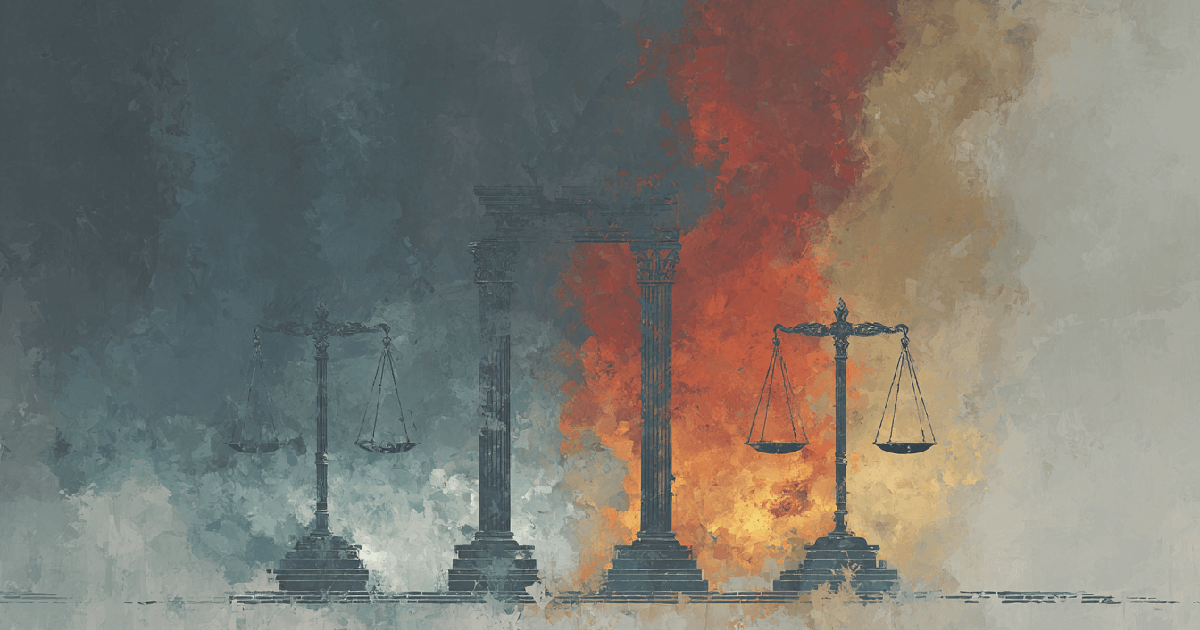What is Negligence?

Negligence is a legal concept that refers to a person’s failure to exercise reasonable care, resulting in harm to another person. It is the foundation of many personal injury claims, including car accidents, medical malpractice, and slip-and-fall cases.
To prove negligence in a legal claim, the injured party (plaintiff) must establish four key elements:
- Duty of care – The defendant had a legal obligation to act reasonably.
- Breach of duty – The defendant failed to meet that obligation.
- Causation – The breach directly caused the plaintiff’s injury.
- Damages – The plaintiff suffered actual harm, such as medical expenses or lost income.
Negligence is not always intentional—it often results from carelessness or reckless behavior rather than deliberate harm.
What are the different types of negligence?
There are several types of negligence, each with unique legal implications:
- Ordinary negligence – A general failure to exercise reasonable care (e.g., texting while driving).
- Gross negligence – Extreme carelessness or reckless disregard for others’ safety (e.g., a drunk driver causing a crash).
- Comparative negligence – A legal rule that reduces a plaintiff’s compensation if they were partially at fault.
- Contributory negligence – A stricter rule where a plaintiff may receive no compensation if they were even slightly at fault.
Each state follows different negligence laws, which can impact how compensation is awarded in a personal injury case.
What are common examples of negligence?
Negligence can happen in various settings, from driving to professional responsibilities. Common examples include:
- Car accidents – A driver runs a red light and causes a crash.
- Medical malpractice – A doctor misdiagnoses a serious condition, leading to delayed treatment.
- Slip and fall accidents – A store owner fails to clean up a spill, causing a customer to fall.
- Workplace accidents – An employer ignores safety regulations, resulting in an injury.
Victims of negligence may file a personal injury lawsuit to recover compensation for their damages.
How do you prove negligence in a personal injury case?
To succeed in a negligence claim, a plaintiff must present evidence showing:
- The defendant owed a duty of care – Examples include a driver obeying traffic laws or a property owner maintaining safe premises.
- The defendant breached that duty – This could be through reckless actions or failing to act.
- The breach caused the plaintiff’s injuries – A direct link must be shown between the negligence and the harm suffered.
- The plaintiff suffered damages – Proof of medical bills, lost wages, or emotional distress.
A personal injury attorney can help gather evidence, such as police reports, medical records, and witness statements, to build a strong case.
Conclusion
Negligence is a crucial legal principle in personal injury law, allowing victims to seek compensation when another party’s careless actions cause harm. Whether in a car accident, medical setting, or public place, proving negligence requires showing that the at-fault party had a duty of care, breached it, and caused measurable damages. If you believe you’ve been harmed due to negligence, consulting an experienced personal injury lawyer can help you understand your legal options.
What is negligence?
Negligence is the failure to exercise reasonable care, leading to harm or injury to another person. It is a key factor in personal injury claims.
What is the difference between negligence and gross negligence?
Negligence is ordinary carelessness, while gross negligence involves extreme recklessness or disregard for others’ safety, often leading to higher legal consequences.
Can you sue for negligence without injury?
In most cases, a negligence claim requires proof of damages, such as medical expenses or lost wages. Without an actual injury or loss, a lawsuit may not succeed.
What is comparative negligence?
Comparative negligence is a legal rule that reduces a plaintiff’s compensation if they were partially at fault for their injury. Different states follow modified or pure comparative negligence laws.
Featured Articles
-
Glossary
What is Doctrine of Avoidable Consequences?
What is Doctrine of Avoidable Consequences? What is the doctrine of avoidable consequences in personal injury law?The doctrine of avoidable consequences is a legal.
-
Glossary
What is Independent Medical Examination?
What is Independent Medical Examination? What is an independent medical examination in personal injury law?An independent medical examination (IME) is a medical evaluation requested by.
-
Glossary
What is Collateral Estoppel?
What is Res Judicata? What is collateral estoppel in personal injury law?Collateral estoppel, also known as “issue preclusion,” is a legal rule that prevents.
Explore our Contributors
Discover Next
Insights from Experts
Learn from industry experts about key cases, the business of law, and more insights that shape the future of trial law.







